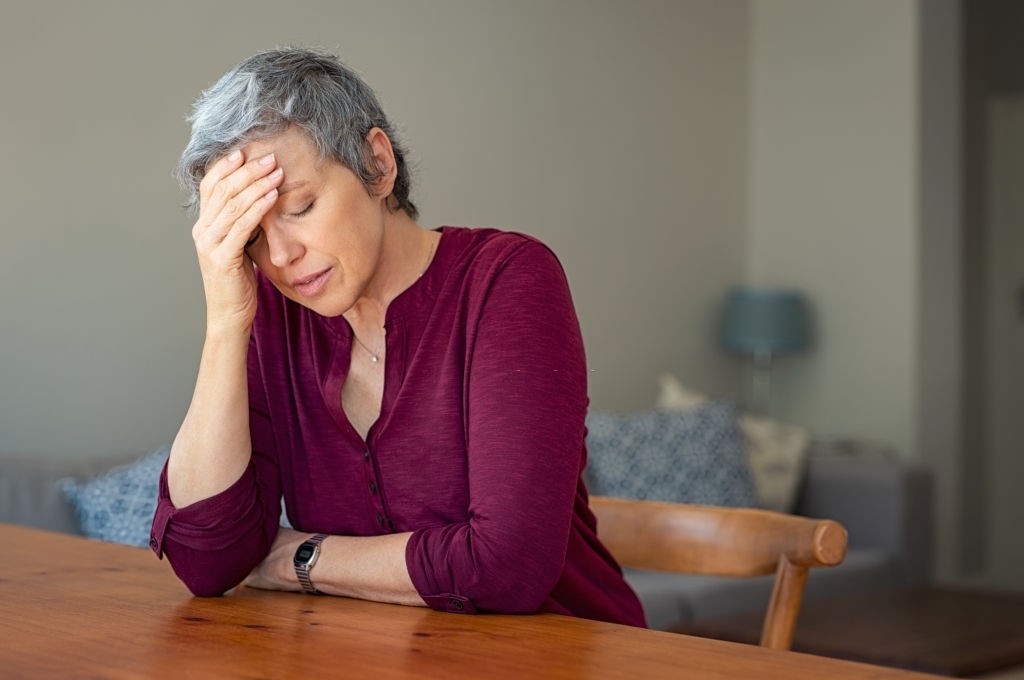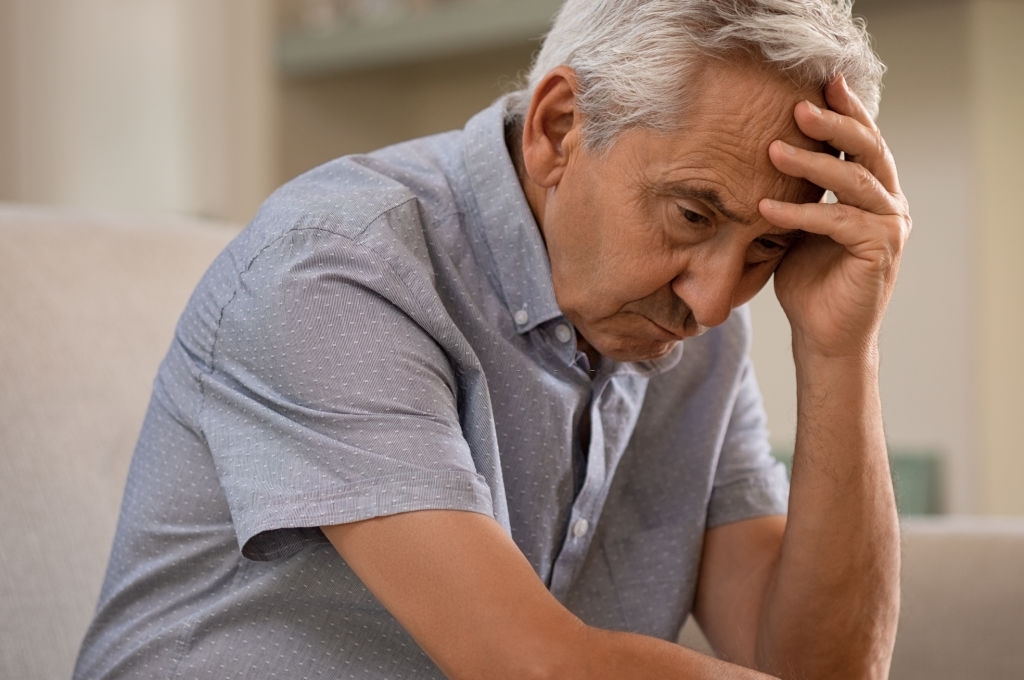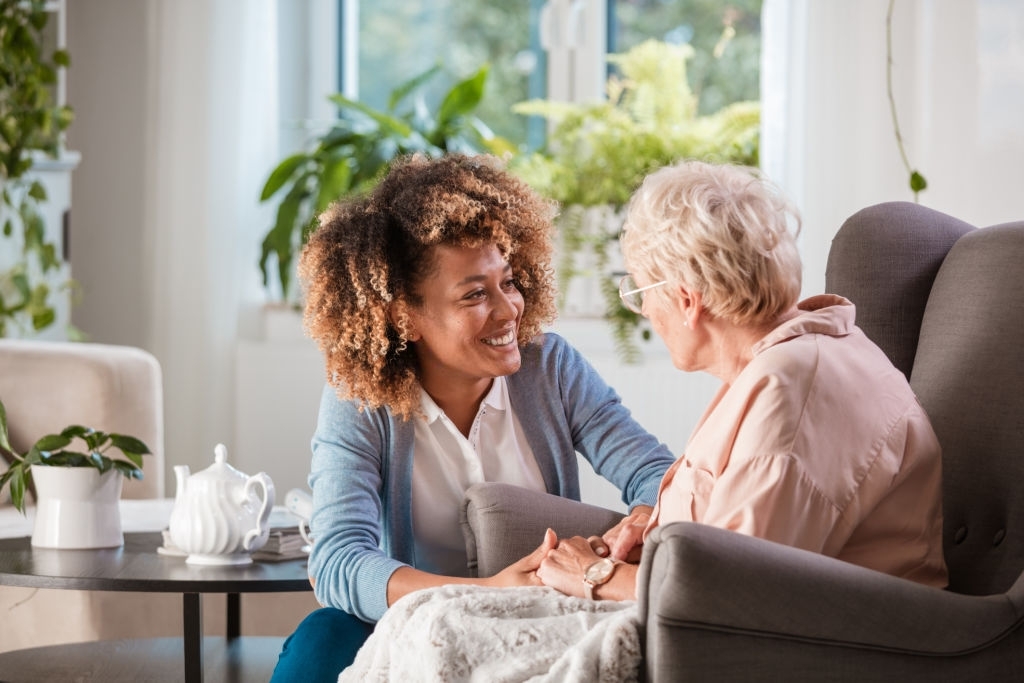7 Common Causes of Hallucinations in the Elderly

Anything is possible when you dream. You can gain amazing abilities, have a new life, and become the person you want to be. But as soon as you open your eyes, everything comes back to normal, and you start to live your life again.
However, these dreams don’t end when they wake up for some people, especially older adults. The reality is altered by hallucinations for older adults even when they are wide awake. It can be a frightening situation to be in, and it can affect the quality of their lives.
Hallucinations are very similar to dreams, but they are somehow more intense, chaotic, and frightening. The person experiencing this will have visions of things that are not there. They will hear voices, see bizarre objects or events that are not real. These hallucinations can vary in severity from just being weird to be intense enough to make your loved one get frightened by them.
As someone who takes care of your senior loved one, it is important not to jump to conclusions that it is Alzheimer’s or Dementia. It is more ideal if you consider first that something else may be causing hallucinations. Once you learn the real cause of your loved one’s symptoms, you can take steps to manage them when they are having an episode and eventually treat their condition.
5 Known Symptoms of Hallucinations in the Elderly
Without observation, hallucinations may go unnoticed. As a reliable Home Care Services in Bloomfield, New Jersey, we give importance to identifying symptoms of hallucinations so you can better care for your loved one. We’ve compiled a list of the six most common symptoms.
1. Change in Behavior or Mood
When hallucinations begin to occur, often there is an immediate change in behavior or mood. Your senior loved one may become very withdrawn, suspicious of others, and they may even begin to act violently. It is very serious and can lead to some serious problems down the road.
2. Hearing Voices
Hearing voices is a very common symptom of hallucinations in the elderly. It can happen to anyone regardless of age, but it is more likely among older adults. People who suffer from hearing voices often describe it as a low whisper or a murmuring sound that they hear from others around them. In some cases, the voice may sound like someone they know. It could come from a family member, a friend, or even a relative they hardly know.
3. Seeing Things That Are Not There
Even though this is not necessarily related to hearing voices, the elderly will often have hallucinations that involve seeing things that are not there. They may see people or pets that are not there or even see objects that are not real.
4. Social Withdrawal
Social withdrawal is one of the most common signs that your loved one is experiencing hallucinations. It doesn’t happen to every older person, but many will become isolated and withdrawn from their friends and family. They may even stop going out, limit the number of visitors they receive, and refuse to eat. It can be a very serious symptom if it occurs often enough.
5. Sleep disturbances: For many older adults, sleep has become torture. They will be having nightmares and night terrors. Because they wake up in extreme states of anxiety and fear, this is considered one of the most common sources of hallucinations in the elderly.
7 Common Causes of Hallucinations in the Elderly

We at Serenity Senior Care always care about the well-being of your loved one. We have compiled a list of 7 common causes that are likely contributing, or caused, hallucinations in the elderly.
1. Psychiatric Disorder
Disorders like bipolar, schizophrenia and other related mental illnesses cause hallucinations in the individuals who have them. If your senior loved one has episodes of hallucinations before from one of these mental disorders when they are still young, chances are these symptoms will continue as they age.
2. Vision or Hearing Loss
If your loved one is already experiencing hearing or vision loss, these conditions can contribute to hallucinations. It is not uncommon for older adults to have problems with their sense of sight or hearing. Your loved one may have trouble seeing things, and there are cases where they will often hear voices or see things differently from reality.
3. Dementia or Alzheimer’s
Dementia is caused by damage or loss of brain cells, while Alzheimer’s is caused by plaque formation in the brain that makes it difficult for nerve cells to communicate with each other. When these two diseases become more advanced, they will eventually affect the way your loved one perceives reality.
4. Sleep Deprivation
It can cause a lot of mental distress in older people. When your loved ones do not get enough sleep, they will experience problems with their memory, emotions, and they may even start having hallucinations.
5. Medications
Medications prescribed to your loved ones might also cause hallucinations. When this happens, you will want to call your doctor right away to find a different medication that will not cause the same side effects.
6. Substance Abuse
Substance abuse is one of the most common causes of hallucinations in older adults. It is not just limited to drug and alcohol abuse. Substances such as nicotine, caffeine, and even certain herbal supplements can contribute to hallucinations.
7. Charles Bonnet Syndrome
It is another main condition that causes hallucinations in the Elderly. However, it only affects people with impaired vision. Thankfully, the frequency of having hallucinogenic episodes is minimal for individuals with Charles Bonnet Syndrome, and symptoms and signs usually go away within a year.
How to Help Your Senior Loved One with Hallucinations?

So now that you know the symptoms of hallucinations in the elderly and have a better understanding of the potential causes, you could be wondering how you can help your loved one. When it comes to dealing with hallucinations in the elderly, it is best to keep it simple. Here are some steps you can take to help your loved one deal with these hallucinations.
1. Prepare for a Doctor’s Visit
While dealing with the hallucinations your loved one is experiencing; it is important to bring them to see a doctor as soon as possible. By doing this, you will find out the cause of the hallucinations and get treatments that will help manage or eliminate all symptoms. You can keep your elderly loved one from experiencing further mental trauma by getting your aging loved to see a doctor right away.
2. Rule out Any Underlying Conditions
Make sure that your loved one has their hearing checked by a professional audiologist or optometrist. Take time to get your loved one evaluated by a physician if they experience hearing loss or vision loss.
3. Make sure your senior loved one is getting enough rest
Ask your senior loved one what it takes for them to fall asleep peacefully. If you notice that your aging loved one is having trouble sleeping, use an alarm clock to help your loved one get over his sleep deprivation. Try to avoid caffeine before bedtime to give your loved one a better night’s rest.
4. Make sure they are eating correctly
Call your loved one’s doctor right away if you notice that they are not eating enough. It could be a sign that they are having hallucinations because of eating the wrong food with the wrong ingredients.
5. Stay connected
Make sure that you are keeping your loved one connected with family and friends. They will need you to get through their hallucinations. Call them for companionship support, and make sure they know that you love them, even if they see things that don’t seem real. Reach out to your loved ones when they are having a bad day, no matter the situation.
6. Consider Home Care Services
If you notice that your senior loved one has more frequent hallucinations. You can consider hiring a home care aide to help them with their daily activities. It includes cleaning the house, changing linens, and helping your loved one get dressed.
Serenity Senior Care is a healthcare provider that offers services in many areas, including nursing homes, assisted living, personal care services, and around-the-clock senior housekeeping.
While hallucinations in the elderly can be concerning, you can learn more about them and know how to deal with them. By taking the right measures, you will be able to help your senior loved one cope with hallucinations and get them through this tough time.


